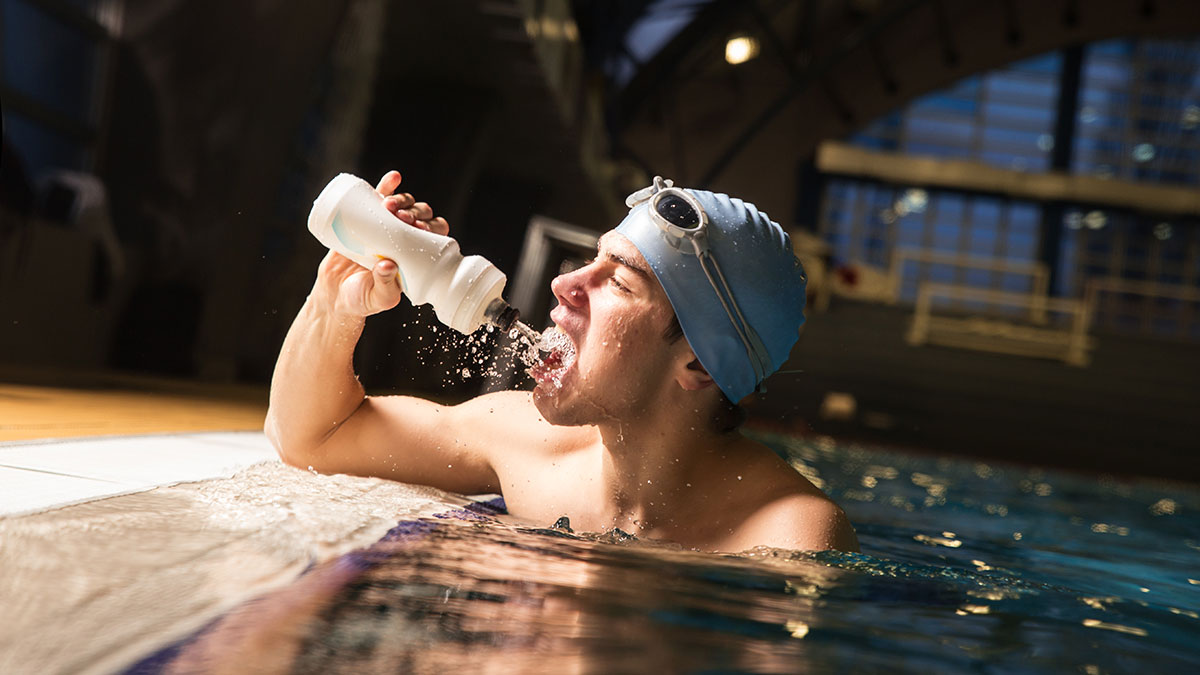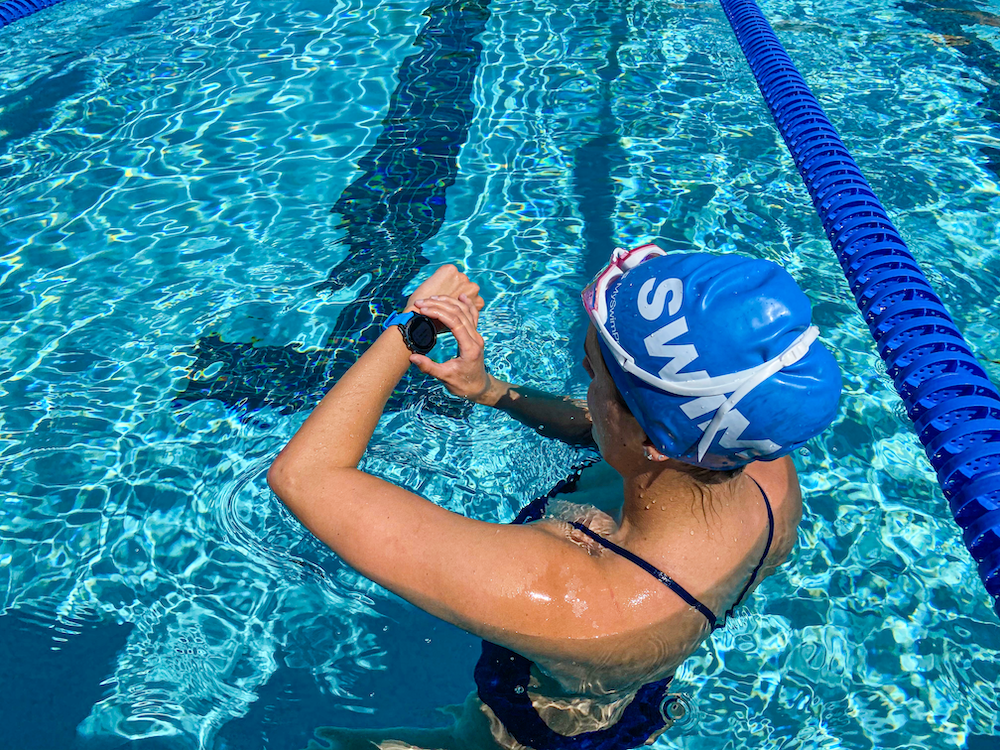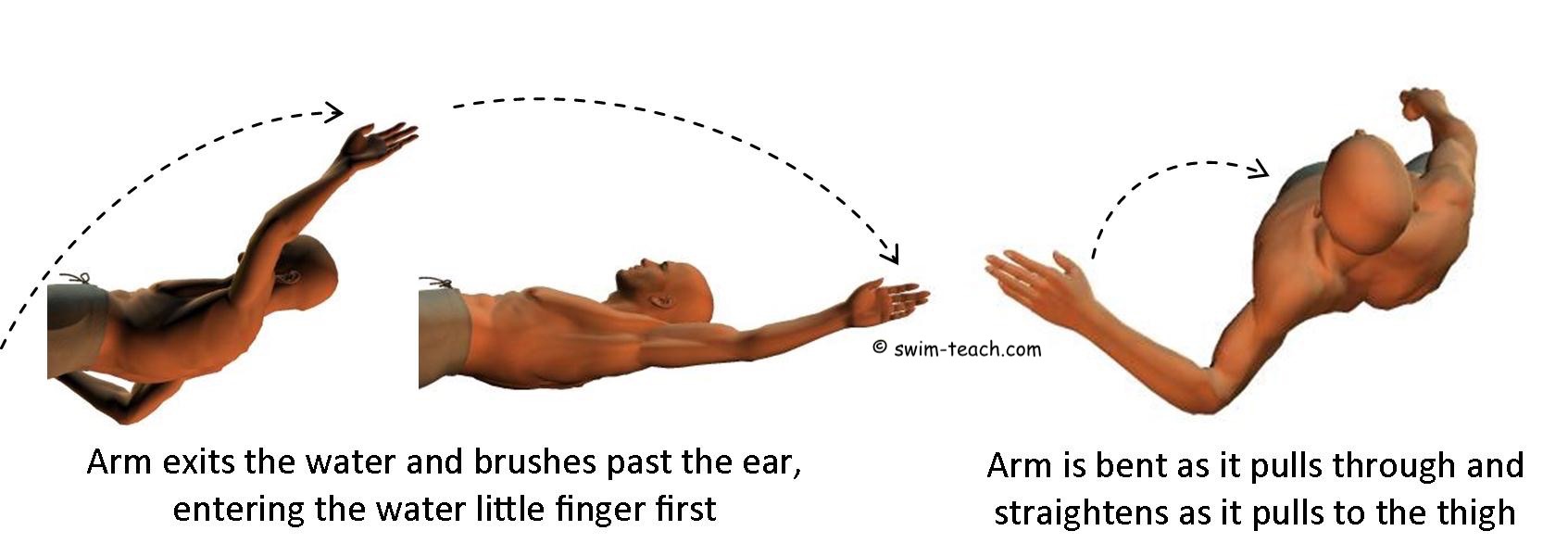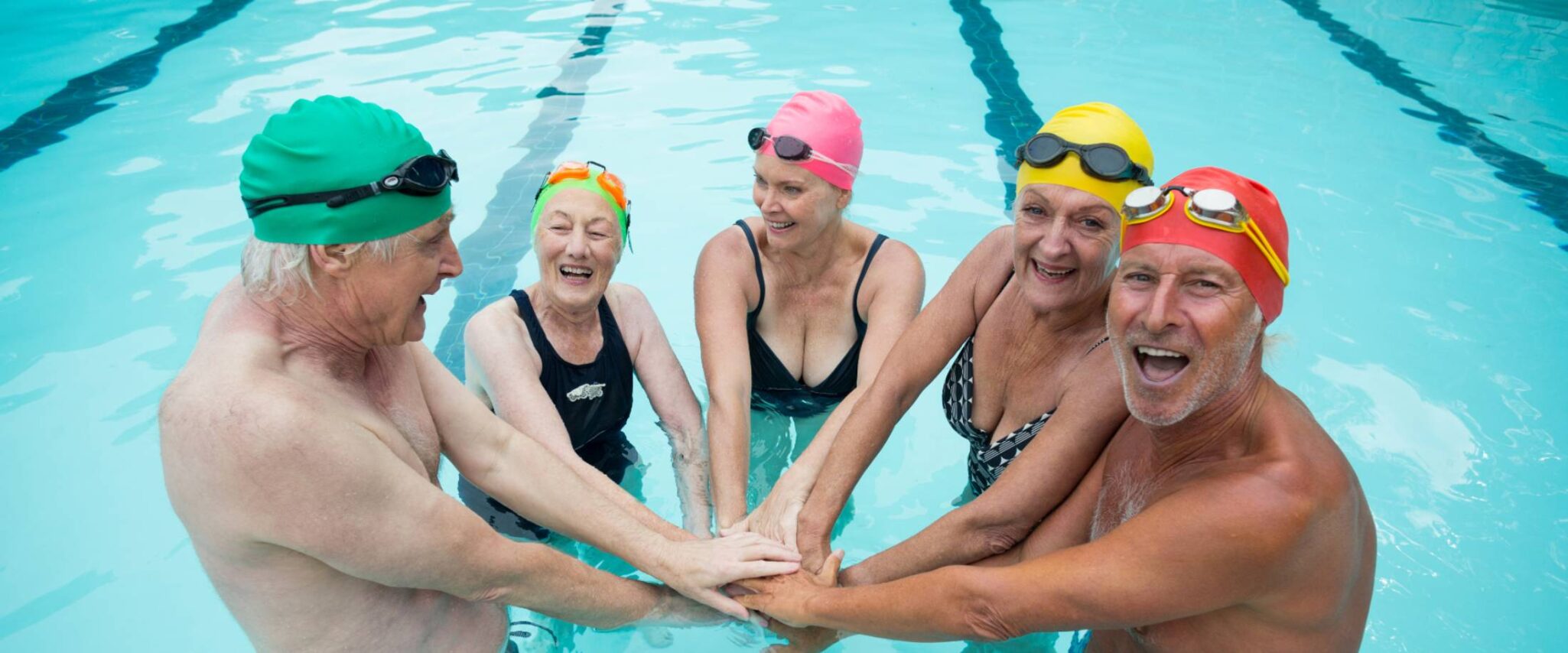Staying hydrated while swimming is crucial for maintaining performance and safety in the water. Whether you’re swimming for leisure or training competitively, here are some essential tips to keep yourself hydrated throughout your aquatic activities.
1. Drink Water Before You Dive In
Before you even hit the pool, make sure to hydrate adequately. Drink a glass of water about 20-30 minutes before swimming to ensure your body starts off well-hydrated.

2. Bring Water Poolside
Keep a water bottle within easy reach at the edge of the pool. This way, you can take sips between laps or during breaks without having to leave the pool area.
3. Hydrate Throughout Your Swim Session
During breaks or when you feel the need, take regular sips of water. It’s easy to forget to drink while focused on swimming, but staying consistent will help maintain your hydration levels.
4. Choose Water Over Sports Drinks
While sports drinks are effective in replenishing electrolytes lost through sweat, water remains the optimal choice for maintaining hydration during most swimming sessions. Save sports drinks for more rigorous training sessions that extend beyond an hour, where the additional electrolytes and carbohydrates can provide added benefits. For shorter or moderate swims, water suffices in keeping you hydrated without unnecessary sugars or calories. This approach ensures you’re adequately replenishing fluids without compromising hydration goals or consuming excess additives. By making informed choices about hydration beverages based on the intensity and duration of your swim, you support both performance and overall health effectively.
5. Monitor Your Sweat Loss
Pay attention to your sweat levels while swimming, as it’s easy to underestimate fluid loss in the water. Despite not seeing sweat drip into the pool, your body still loses fluids that must be replenished. Sweating during swimming indicates your body’s effort to regulate temperature and maintain performance. Even in water, where you may not feel as hot or notice sweat as readily, hydration remains critical. Monitoring your sweat levels helps you gauge hydration needs accurately, ensuring you drink enough water to support your body’s functions and maintain optimal performance throughout your swim session.
6. Don’t Wait Until You’re Thirsty
Thirst serves as a late signal of dehydration. By the time you sense thirst, your body is already deficient in fluids. It’s crucial to maintain regular water intake, irrespective of whether you perceive thirst or not. Consistent hydration supports bodily functions, including temperature regulation and nutrient transport, essential for optimal performance during swimming. By proactively drinking water throughout the day, you can preempt dehydration and sustain peak physical condition. This proactive approach ensures that your body remains adequately hydrated, enhancing your swimming experience and overall well-being both in and out of the pool.
7. Rehydrate After Your Swim
Once you’ve finished swimming, it’s important to continue drinking water to replenish the fluids lost during your session. This not only aids in recovery by replacing lost fluids and supporting muscle function but also prepares your body for your next swim or any subsequent physical activities. Proper hydration post-swimming helps maintain your energy levels and prevents dehydration-related issues. By making a habit of hydrating adequately after swimming, you can ensure that your body remains in optimal condition, ready to perform well in the pool and beyond.
Conclusion
In conclusion, maintaining adequate hydration while swimming is crucial for optimizing your performance and ensuring your well-being in the pool. By consistently applying these straightforward strategies—such as drinking water before and during your swim, staying mindful of your hydration status, and replenishing fluids post-swimming—you can enhance the safety and effectiveness of your aquatic workouts or leisure activities. Remember, prioritizing hydration not only improves your swimming experience but also supports your broader health and fitness objectives. Make staying hydrated a habit to maximize your enjoyment in the water and contribute positively to your overall well-being.



